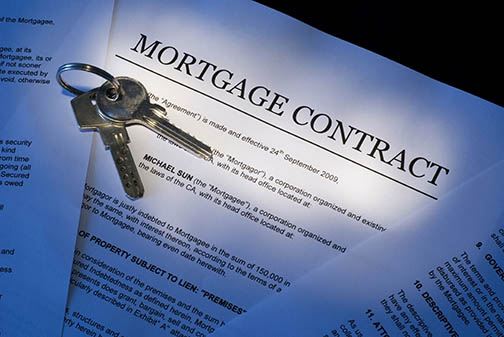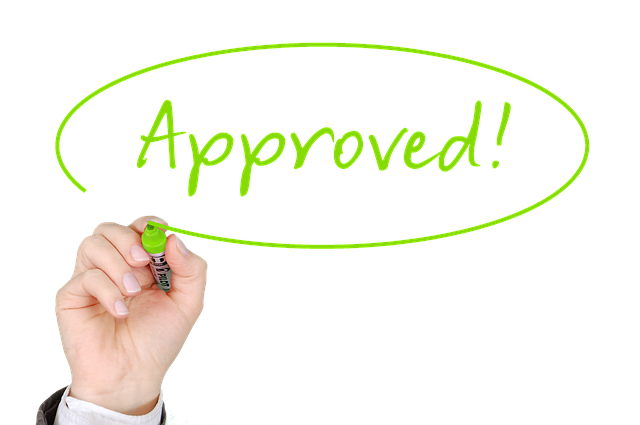Applying for a Mortgage? 3 Easy Ways to Make the Process Easier — and Reduce Your Stress
 There are more than enough details involved in getting a mortgage and moving into your own home that you’ll want to know how to make the process as seamless as possible beforehand. However, there’s a chance you might not be aware of the things you can do to make it a little easier on yourself. If you’re currently looking for a home and are wondering how to streamline the approval process, here are some things to do before applying to minimize mortgage-related stress.
There are more than enough details involved in getting a mortgage and moving into your own home that you’ll want to know how to make the process as seamless as possible beforehand. However, there’s a chance you might not be aware of the things you can do to make it a little easier on yourself. If you’re currently looking for a home and are wondering how to streamline the approval process, here are some things to do before applying to minimize mortgage-related stress.
Get Electronic Documentation
In order to get approved for your mortgage application, you’ll need to provide documentation that will likely include bank statements, federal tax returns and recent paystubs, but providing or acquiring all of these documents in paper form can require a lot of drudgery. Instead of paper, get your documentation together and ensure it’s in electronic form so it can be easily accessed or sent from anywhere. This means you’ll have it on hand as soon as it’s needed.
Choose A House You Can Afford
As a potential homebuyer on the market, it’s easy to be swayed by your dream home, but if your dream home doesn’t come with an acceptable price tag, it’s important to move on to the next best opportunity. It can be very easy to be invested enough in a particular home that you can convince yourself you’ll budget for it, but the market can shift and this can push your monthly payment from difficult to not-doable. Choosing a home at an affordable cost will not only improve your chances of approval, it will also minimize your stress after the move-in date.
Have Your Down Payment Ready
It may be all well and good to know that your down payment money is in the bank, but it’s important that it’s in the appropriate account at least 3 months prior to your application submission so you can ensure you’ll be seen as financially sound. While it’s great to have money held in investments and RRSPs, it’s important that this down payment money is kept in an easily accessible account where it can be withdrawn without any time delays or financial losses.
There are many different steps and small details associated with obtaining a mortgage, but by having your electronic documentation and down payment ready, you’ll be well on your way to an approval. If you’re currently on the market for a home, contact your trusted mortgage professional for more information.

 If you have a good credit history and are prepared to invest in a home, you may be feeling pretty confident about the mortgage process. However, it’s important to be aware that there are things that can have a negative impact on your application. Whether you’ve just submitted your documents or are getting close to it, here are some things you may want to avoid.
If you have a good credit history and are prepared to invest in a home, you may be feeling pretty confident about the mortgage process. However, it’s important to be aware that there are things that can have a negative impact on your application. Whether you’ve just submitted your documents or are getting close to it, here are some things you may want to avoid. Whether you’re finally prepared to get into the real estate market or you want to know how you can make a deal quick, there are a few necessary documents you’ll need to prove your reliability to a mortgage lender.
Whether you’re finally prepared to get into the real estate market or you want to know how you can make a deal quick, there are a few necessary documents you’ll need to prove your reliability to a mortgage lender.